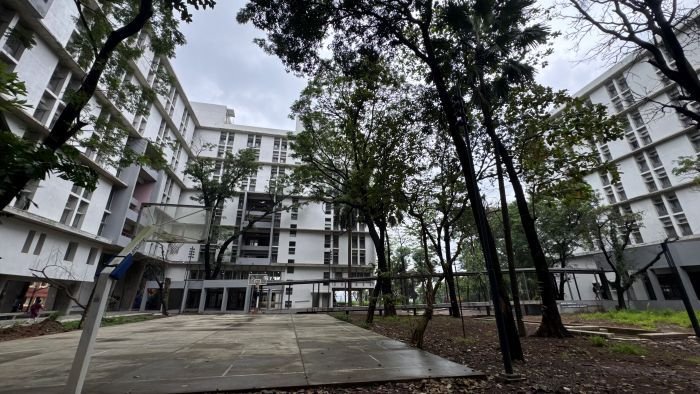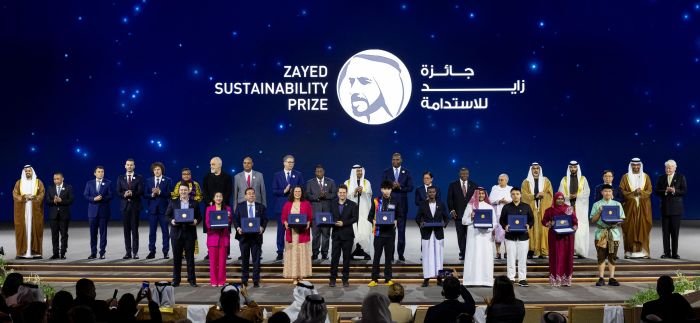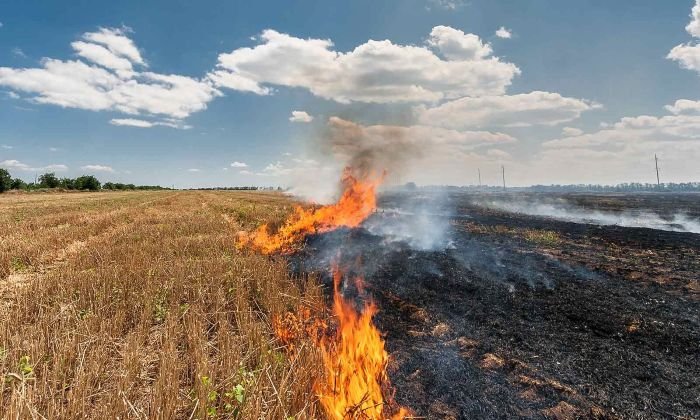
Students from the Civil Engineering department of MVJCE have taken an initiative to usher in sustainability in the waste management sector and help in providing economic and social benefits – under the initiative, they have devised a method to extract gold from printed circuit boards of old mobile phones. The same method can be used to extract other metals like silver and copper too from e-waste.
Quick innovations and production of new electronic items prompts customers to switch their existing mobile models frequently. This dramatically increases E-waste generation. Also, over the last 18 months, the Covid-19 pandemic has induced increased usage of electronic goods from people indoors. Thus, the waste-stream sector is growing exponentially. Huge volumes of E-waste is being produced and managed in an informal way in developing countries as well as developed countries and there is urgent need to reduce this quantum and find ways to recycle the materials which go into their production.
The students in this project, Akshaya G, B Kamala, Chandana M C and Deepthi K V, used aqua regia, a corrosive reagent used to clean glassware and in gold refining processes, for the leaching (extraction of certain materials from a carrier into a liquid) of the precious metal (Gold) from the PCBs of the used mobile phones. “The recovery of precious metals like gold can be an important secondary source which can be reused in electronic and other industries. Even if there are possible solutions to extract the precious metals and other metals from these electronic components, it is necessary to evaluate the external barriers that is causing the huge gap between waste generation and electronic waste dismantling/recycling,” the students explained.
PCB typically contains various metals including valuable (copper, gold, silver, platinum) and toxic heavy metals (mercury, lead, arsenic). Recycling of end of life mobile devices has the potential to solve many problems including resource depletion, environmental pollution, and landfill disposal.
Commenting on the project, Anupama, Associate Professor, Department of Civil Engineering, MVJCE Bangalore, said: “By unwinding the complex chemistry supporting the extraction process, the students used a compound method that could be utilized to recuperate gold more adequately. The findings could aid the advancement of techniques for enormous recuperation of gold and other precious metals from waste electronics.”
Students believe that there is significant economic potential in the efficient recovery of valuable materials in e-waste and can provide income-generating opportunities for both individuals and enterprises, apart from creating a self-sustaining environment. The project assumes importance as these precious metals are now looking more precious than ever, as we face the prospect of one day being no longer able to afford to dig them out of the ground. Suddenly your smartphone is looking a lot more valuable than you might think. There is a hidden value of the metals inside our old electronics and this has connection to saving the environment.








